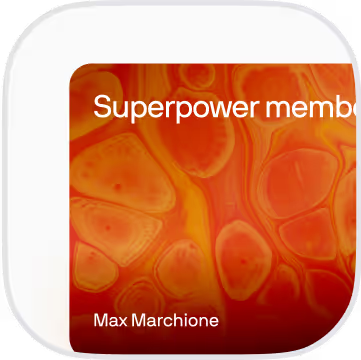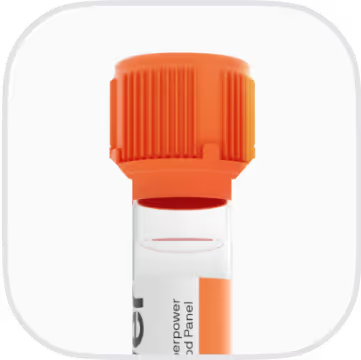Key Benefits
- Check for elevated homocysteine that signals B‑vitamin shortfalls and vessel risk.
- Spot hidden folate or B12 deficiency before anemia or neuropathy develop.
- Clarify unexplained fatigue, memory changes, or tingling with a functional B‑status check.
- Guide targeted folate, B12, or B6 supplementation to lower elevated levels.
- Flag higher cardiovascular and clot risk in select contexts, not for routine screening.
- Support fertility and pregnancy by flagging folate deficiency linked to complications.
- Track response to B‑vitamin therapy, diet changes, and kidney function or medication effects.
- Best interpreted with B12, folate, methylmalonic acid, and kidney function, plus symptoms.
What is a Homocysteine blood test?
Homocysteine is a sulfur‑containing amino acid your body makes as it breaks down methionine from dietary protein. It is not taken in from food; it appears briefly inside cells as a crossroads in the methionine cycle. From there, it can be recycled back to methionine using folate and vitamin B12 (remethylation via 5‑methyltetrahydrofolate and methionine synthase), or shunted toward making cysteine using vitamin B6 (transsulfuration via cystathionine β‑synthase). Homocysteine blood testing measures the amount of this intermediate circulating in your blood at a given moment.
Homocysteine is a readout of how well one‑carbon metabolism and sulfur amino acid pathways are running. It reflects your capacity to donate methyl groups for DNA and phospholipid methylation and neurotransmitter chemistry (methylation capacity), and your ability to generate cysteine and glutathione for antioxidant defense (transsulfuration). Because these steps depend on folate, vitamin B12, and vitamin B6, the test integrates nutritional status with cellular metabolism and kidney handling (renal clearance). Homocysteine can also interact with the lining of blood vessels and redox systems (endothelial and oxidative stress biology), so its level serves as a window into vascular and neurologic physiology.
Why is a Homocysteine blood test important?
Homocysteine is a sulfur-containing amino acid made as your body recycles methionine. It sits at the crossroads of methylation, DNA synthesis, and antioxidant production (glutathione), so it links nutrition, liver one‑carbon metabolism, kidney clearance, vascular health, and the nervous system. Most labs consider a typical fasting range around 5–15, and values in the lower–middle part of that range are generally considered metabolically favorable.
When homocysteine is on the lower side, it usually reflects efficient remethylation and transsulfuration pathways with adequate folate, vitamin B12, B6, and riboflavin. Children and pregnant people often run lower, and this is typically physiologic. Symptoms are uncommon; very low values are usually benign, though they can coincide with low sulfur–amino acid intake or high B‑vitamin exposure.
When it runs high, the chemistry slows: remethylation or transsulfuration bottlenecks (from folate/B12/B6 insufficiency, reduced kidney function, hypothyroidism, or genetic variants such as MTHFR) allow homocysteine to accumulate. This can irritate the endothelium, reduce nitric oxide, increase oxidative stress, and tilt blood toward clotting. People may feel nothing, or may notice numbness, tingling, or memory changes when B12 is also low. Men tend to have slightly higher levels than women, and levels often rise after menopause. In pregnancy, higher values are linked to placental dysfunction and preeclampsia risk.
Big picture: homocysteine integrates nutrition, genetics, kidney and thyroid function with vascular and brain aging. Persistently higher levels are associated with atherosclerotic disease, stroke, venous thrombosis, cognitive decline, and adverse pregnancy outcomes, making this test a useful window into whole‑body one‑carbon metabolism and long‑term cardiometabolic health.
What insights will I get?
Homocysteine is a sulfur‑containing amino acid made as the body processes methionine. The test gauges one‑carbon metabolism and methylation capacity, which rely on folate, vitamin B12, and vitamin B6. Because these pathways sustain blood vessel health, neurotransmitters, DNA repair, and redox balance, levels relate to cardiovascular, cognitive, and reproductive health.
Low values usually reflect efficient methylation and transsulfuration, younger age, female sex, or the dilution and higher use seen in pregnancy. System effects are generally neutral or favorable. Very low results can reflect low sulfur amino acid intake or assay variation and are rarely concerning.
Being in range suggests balanced one‑carbon flux, adequate vitamin status, and intact renal and thyroid function, supporting stable endothelial biology. Evidence places within reference ranges risk toward the lower part of the reference interval rather than the high end.
High values usually reflect bottlenecks in remethylation (folate or B12 insufficiency, MTHFR variants) or transsulfuration (B6 insufficiency), reduced renal clearance, too little thyroid hormone, aging, or inflammation. This signals endothelial stress, impaired nitric oxide signaling, a pro‑thrombotic state, and correlates with cognitive decline and pregnancy complications. Men tend to run slightly higher.
Notes: Levels rise with age and kidney impairment and fall in pregnancy or with estrogen exposure. Some medicines that affect folate/B12 metabolism or nitrous oxide can raise values. Fasting is not essential; methods differ by lab. Interpret with renal function and B‑vitamin status.


.svg)









.avif)



.svg)





.svg)


.svg)


.svg)

.avif)
.svg)










.avif)
.avif)
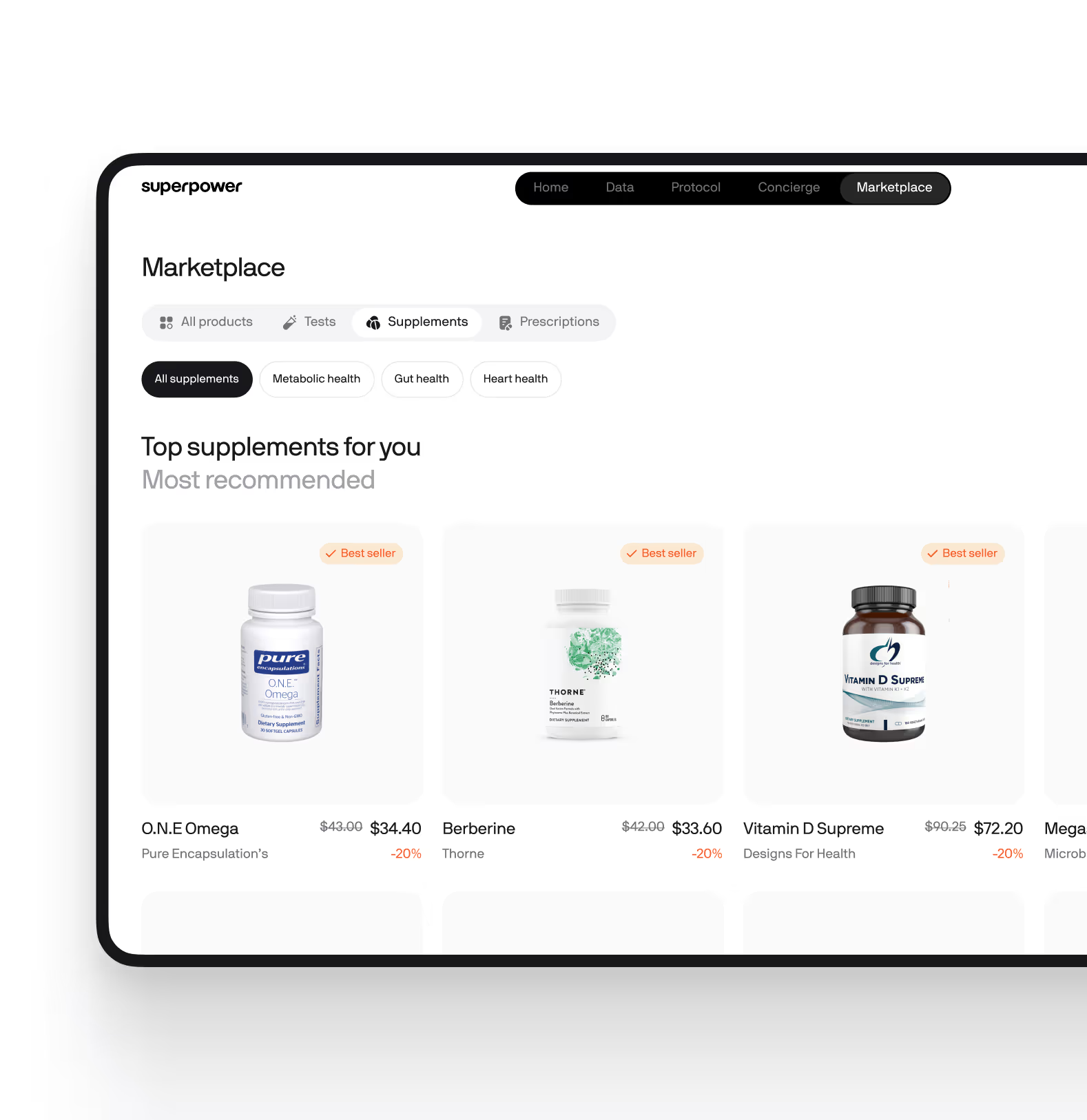


.avif)
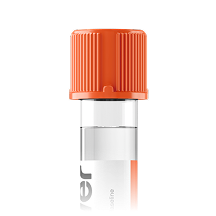
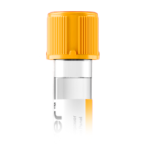





.png)

.avif)
